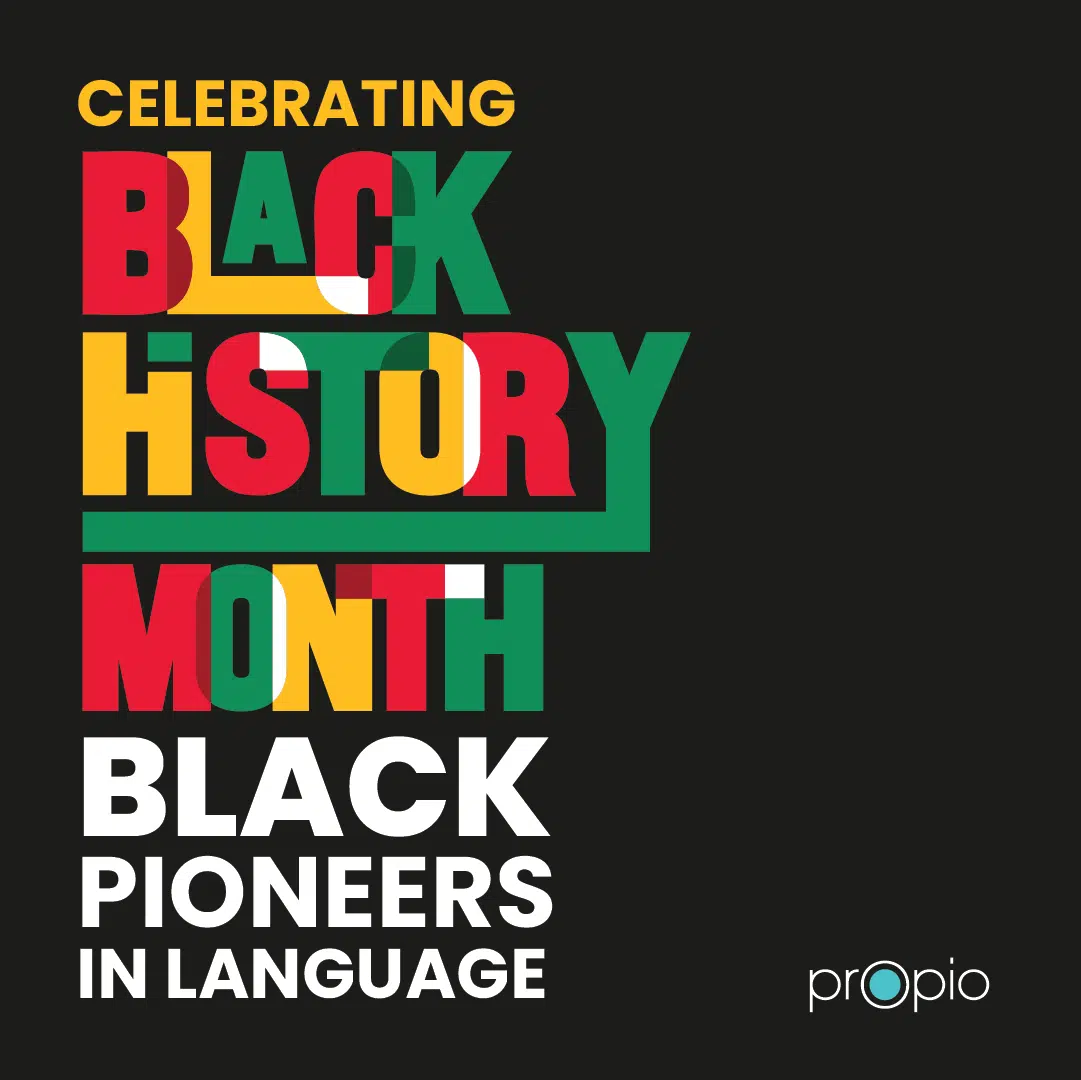Language has shaped history by building civilizations, driving revolutions, and connecting cultures. It has been a tool for freedom, a means of storytelling, and a way to preserve heritage. Many of the language advancements we have today exist because of Black pioneers. Their contributions—whether in linguistics, translation, interpretation, or advocacy—have influenced how people communicate, learn, and connect across cultures. From shaping the way we study language to breaking barriers in access and education, their impact is undeniable.
Here are five individuals whose work has left a lasting mark on language services and linguistic studies.
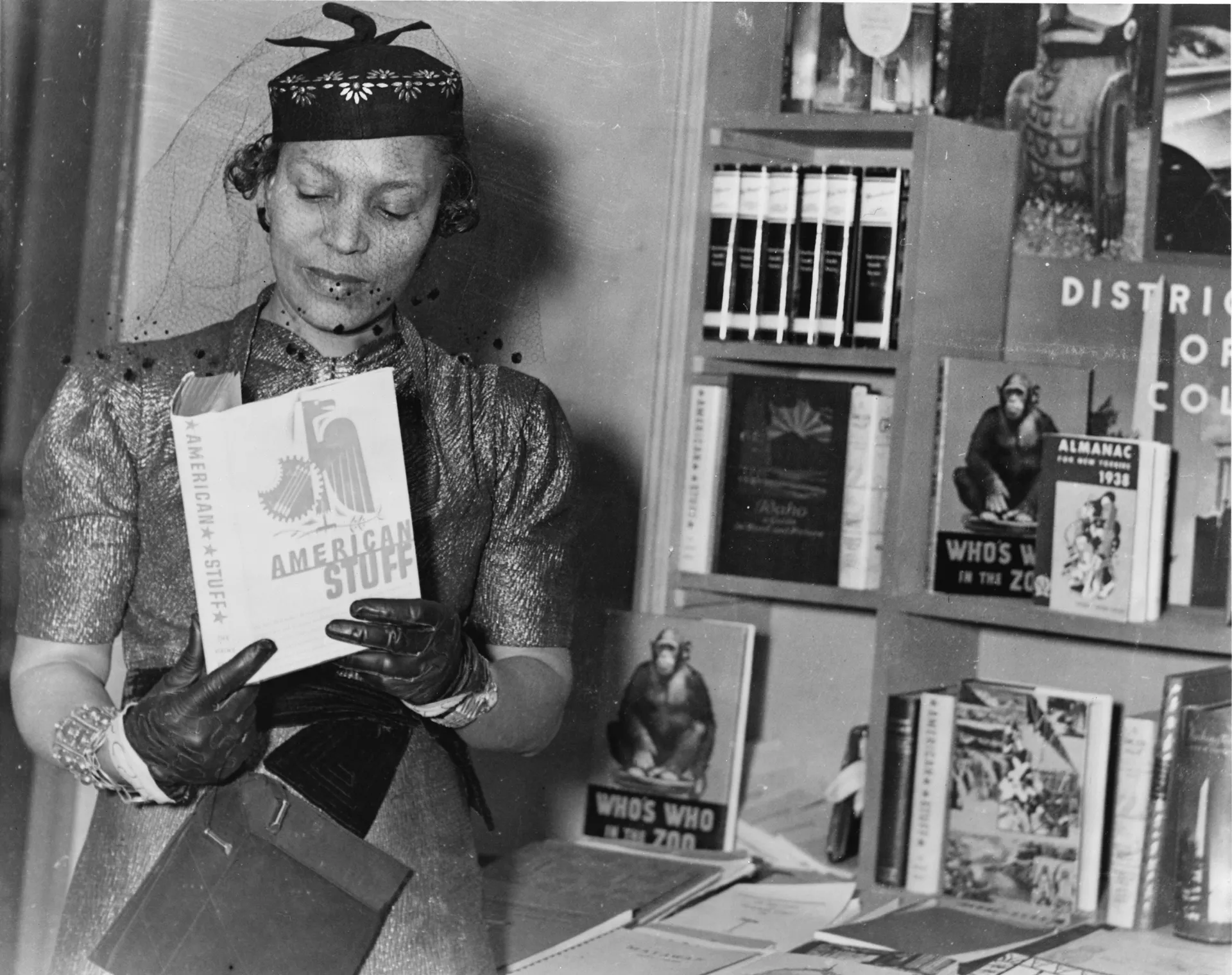
Source: Getty Images
Zora Neale Hurston (1891–1960) – The Storyteller Who Preserved Black Vernacular
Zora Neale Hurston didn’t just write stories—she captured the way people actually spoke. As an anthropologist, she documented Black Southern dialects, folklore, and oral traditions, preserving language that might have otherwise been erased. Her novel Their Eyes Were Watching God is a landmark example of Black English in literature. Though critics at the time pushed for Standard English, she refused to change how her characters spoke. Her influence continues today, as more authors and filmmakers push for authentic representation of language in storytelling.
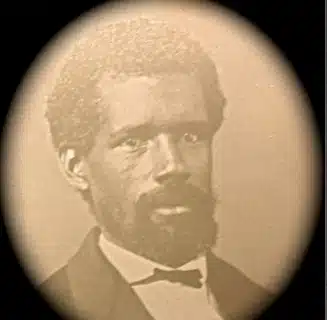
Source: Betty Hoover DiRisio
William A. Stewart (1923–1977) – The Scholar Who Proved Black English is a Language
For years, African American Vernacular English (AAVE) was dismissed as improper speech, but it is a distinct linguistic system with deep historical roots. Emerging from the speech patterns of enslaved Africans who combined elements of West African languages with English, AAVE developed its own grammar, pronunciation, and vocabulary. While often spoken informally, it carries a structured set of rules that differ from Standard American English.
William A. Stewart challenged the idea that AAVE was just a collection of mistakes. His research in the 1960s demonstrated that AAVE followed consistent grammatical rules and historical patterns, much like any other recognized language. By framing AAVE as a legitimate dialect, he helped shift the way linguists, educators, and policymakers approached Black English in schools. His work shaped modern discussions on dialect diversity in education and continues to influence linguistic research.
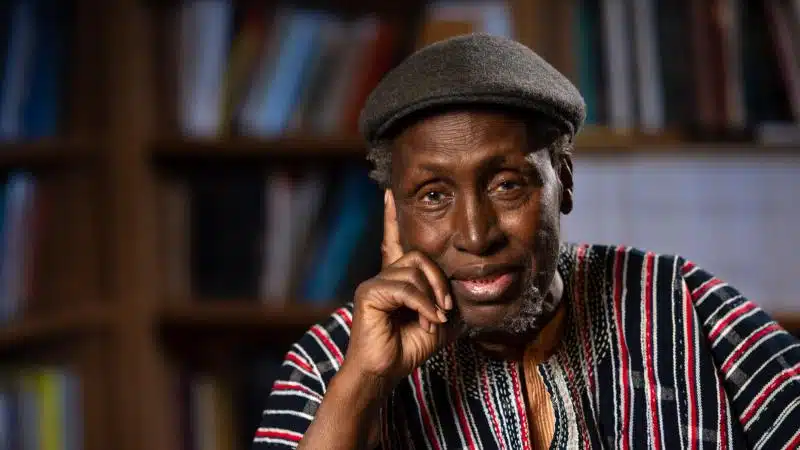
Source: Steve Zylius
Ngũgĩ wa Thiong’o (b. 1938) – The Rebel Who Rejected English
For decades, African writers were told that publishing in English or French was the only way to reach a global audience. Ngũgĩ wa Thiong’o rejected that idea. After years of writing in English, he made the decision to publish exclusively in his native Gikuyu, arguing that African stories should be told in African languages. His work sparked a movement for linguistic independence, encouraging more writers and educators to prioritize local languages. Today, his influence is seen in efforts to preserve indigenous languages, as more governments and organizations push for education and media in native tongues.
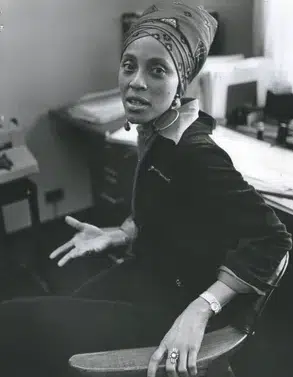
Source: Detroit Free Press
Geneva Smitherman (b. 1940) – The Champion of Black English in Schools
Growing up in the segregated South, Geneva Smitherman saw how Black students were penalized for the way they spoke. As a linguist, she fought to change that. Her book Talkin and Testifyin helped shape how Black English is viewed in education, arguing that students should be able to express themselves while still mastering Standard English. Her work pushed schools to recognize the cultural and historical importance of AAVE, and her influence is still seen in debates on linguistic justice and standardized testing.
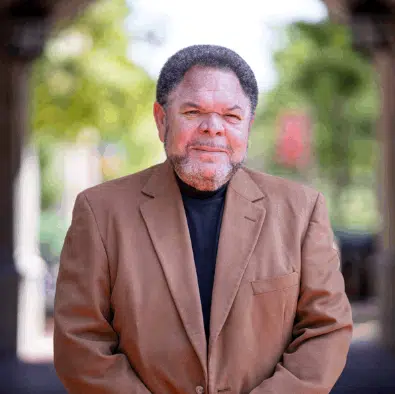
Source: Rice University
John Baugh (b. 1951) – The Linguist Who Exposed Language Discrimination
John Baugh’s research proved that people don’t just face discrimination based on race or appearance—but also on how they sound. In one of his studies, he called landlords using different accents. When speaking in Black or Mexican American English, he was far more likely to be told an apartment wasn’t available. When he used Standard American English, the same landlords were suddenly interested. His findings helped shape policies against linguistic discrimination in hiring and housing. His research continues to influence legal cases and AI development, as voice recognition technology still struggles with non-standard dialects.
The Legacy of These Language Pioneers
These five individuals changed the way language is studied, taught, and understood. Their work still influences education, literature, technology, and civil rights, shaping conversations on language equity and cultural preservation. Thanks to their efforts, more people can speak, learn, and tell their stories without being erased or overlooked.
